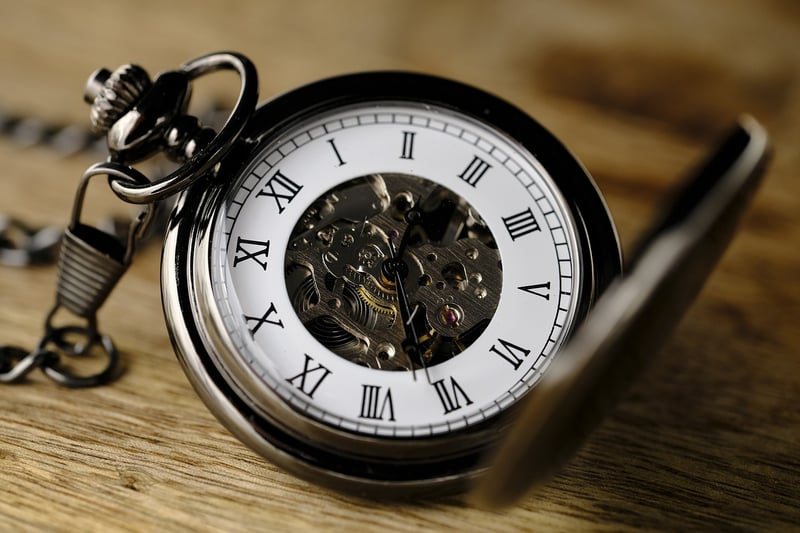Grandfather Paradox
Moral Dilemmas in Time Travel and the Grandfather Paradox
Time travel has long been a fascinating concept in science fiction, allowing for mind-bending scenarios and moral quandaries. One of the most famous paradoxes associated with time travel is the Grandfather Paradox, which questions the implications of altering the past. Let's delve into the ethical dilemmas that arise when considering time travel and explore the intricacies of the Grandfather Paradox.
Temporal Ethics: Navigating the Consequences
When we contemplate time travel, we are immediately confronted with ethical considerations. The ability to journey through time and potentially change historical events raises profound questions about responsibility, accountability, and the impact of our actions on the course of history. Would altering the past lead to catastrophic consequences or create a better future?
The Grandfather Paradox: A Conundrum of Time Travel
The Grandfather Paradox is a classic time travel dilemma that illustrates the complexities of altering the past. Imagine a scenario where you travel back in time and prevent your grandfather from meeting your grandmother. As a result, your existence is erased, leading to a paradox - if you were never born, how could you go back in time to prevent your grandparents from meeting?
This paradox highlights the inherent contradictions and logical inconsistencies that arise when contemplating changing past events. It challenges our understanding of causality and the concept of a linear timeline.
Exploring Alternative Timelines and Parallel Universes
Some theories suggest that time travel may not necessarily lead to altering the existing timeline but rather create parallel universes or alternate timelines. In this interpretation, changing the past in one timeline results in the creation of a new timeline, preserving the original one intact.
While this concept may offer a solution to the Grandfather Paradox, it introduces a whole new set of moral dilemmas. Would it be ethically justifiable to manipulate different timelines, knowing that each alteration could have far-reaching consequences for the inhabitants of those realities?
Conclusion: The Philosophical Implications of Time Travel
Time travel, with its moral dilemmas and paradoxes, serves as a thought-provoking lens through which we can explore the complexities of causality, free will, and the nature of reality. The Grandfather Paradox, in particular, challenges us to reconsider our understanding of time and the consequences of our actions across temporal dimensions.
Whether time travel remains a theoretical concept or becomes a technological possibility in the future, its philosophical implications will continue to captivate and intrigue both scientists and storytellers alike.


